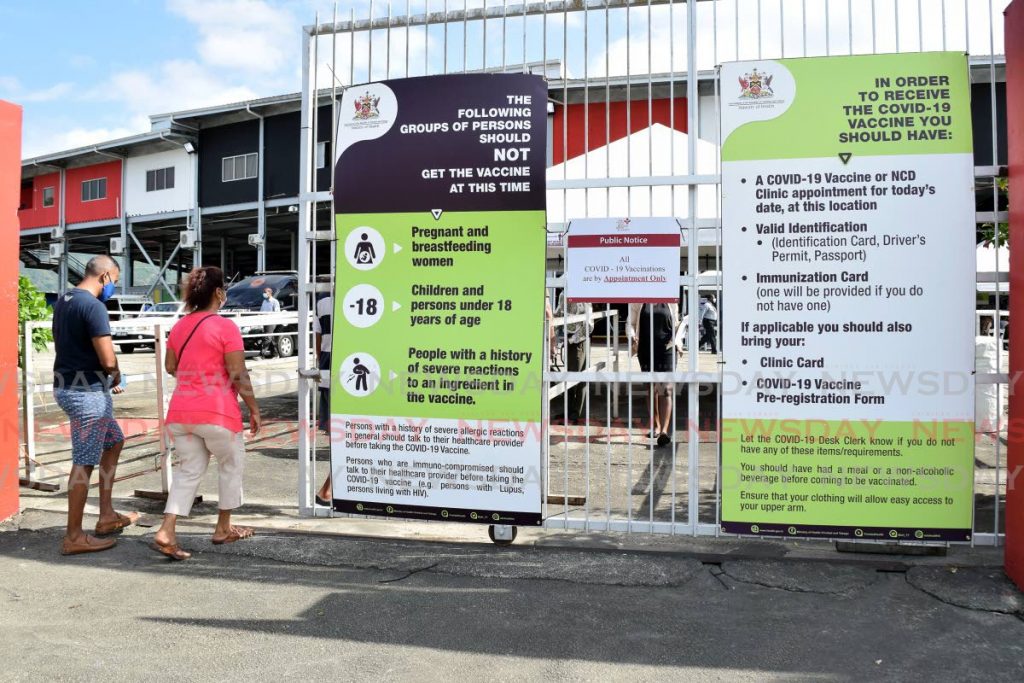Understanding the spike

The Prime Minister was quick to defend Tobago against any inference that the recent spike in covid19 cases had been caused by “staycation” tourism over the Easter weekend.
Government figures showed 50,000 people travelled between the two islands over a seven-day period which included the four-day weekend.
Instead, he pointed to spiking community spread in County Caroni, County Victoria and St George East as zones affected by rising infection rates.
While the government has been keen to flood its press conferences with the chosen statistics about the location of the spread of the disease, it has offered little to explain that increased spread.
With cases rising by the hundreds on Wednesday and Thursday, it seems appropriate to ask what the government has discovered in its efforts at contact-tracing related to cases.
Contact tracing is medical detective work. It's a term that's come into common use since 2020 because of both the scale of the pandemic and the elusive nature of the virus, which is fast-spreading, often infecting new contacts even before symptoms indicate that a spreader is ill.
It has been used for decades in managing the spread of infectious diseases by tracking vectors of potential exposure to disease.
It's notable that the most effective contact-tracing systems were deployed by countries that had extensive public surveillance, access to forensic details on credit-card use and smartphone location data.
That's because people's memories are notoriously unreliable. People forget who they met, how many were present and for how long.
Those countries matched robust contact tracing with early testing, in which TT lagged to a disturbing degree.
Contact tracing should tell the Health Ministry who to test, and guide important insight into patterns of behaviour that increase infection opportunities.
Should the public simply take for granted that the closures and restrictions imposed are informed by an understanding of known infection vectors revealed by data and investigation? Or is the government simply moving to shut down the most obvious examples of group congregation?
Bar owners, hard hit by restrictions, have called for a 60-day ban on public alcohol consumption. What do they know that the Health Ministry doesn't?
TT doesn't have a particularly inspiring record of making policy based on data, and the less said about any institutional capacity for detective work, the better.
The CoP is mobilising a special unit intended to crack down on breaches of the covid19 regulations. Apart from the question of why that is necessary and why the regular police have not been doing plenty more for the past year, it's not clear to the public what exactly we know about the nature of transmission in TT after a full year of spread.
Data, which the public should hope the Health Ministry has in abundance, should guide the efforts of the commissioner in deploying his limited resources for maximum impact.


Comments
"Understanding the spike"